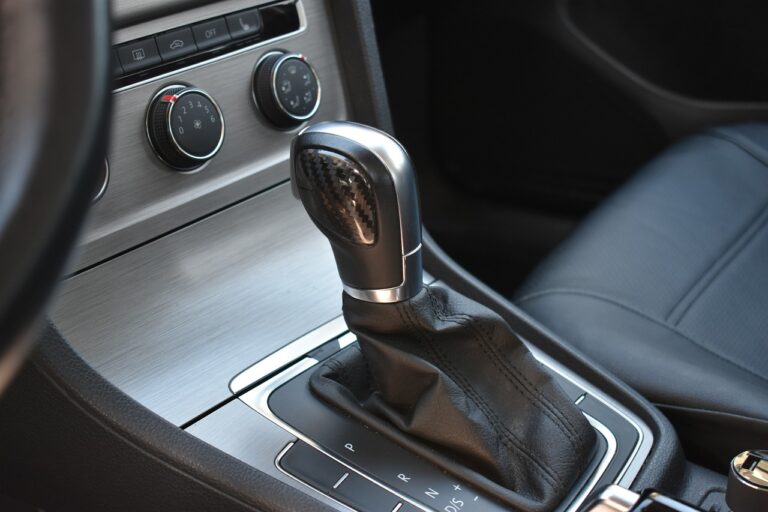The Impact of Autonomous Vehicle Technology on Marine Conservation Efforts
Marine conservation efforts play a crucial role in safeguarding the health and biodiversity of our oceans. With marine ecosystems facing increasing threats such as overfishing, pollution, and climate change, it has become imperative to take proactive steps to protect these vital habitats. Conservation initiatives focus on preserving marine species, habitats, and ecosystems to ensure their long-term sustainability.
Various approaches are employed in marine conservation, ranging from establishing marine protected areas to promoting sustainable fishing practices. Collaborative efforts between governments, organizations, and local communities are essential in effectively managing and conserving marine resources. Through the implementation of conservation measures, we aim to not only protect marine biodiversity but also to secure the well-being of future generations who rely on the oceans for food, livelihoods, and recreation.
Importance of Monitoring Marine Ecosystems
Monitoring marine ecosystems is crucial for assessing the health of our oceans and understanding the impact of human activities on marine life. By regularly collecting data on biodiversity, water quality, and habitat conditions, researchers can identify trends and potential threats to marine ecosystems. This information is essential for making informed decisions on conservation strategies and implementing policies to protect vulnerable species and habitats.
Additionally, monitoring marine ecosystems provides valuable insights into the effects of climate change and other environmental stressors on marine biodiversity. By tracking changes in species distribution, abundance, and behavior over time, scientists can better predict how marine ecosystems will respond to ongoing environmental changes. This knowledge is essential for developing effective conservation measures and adapting management strategies to ensure the long-term sustainability of our oceans.
Role of Autonomous Vehicles in Data Collection
Autonomous vehicles have emerged as valuable tools in the realm of marine conservation, revolutionizing the way data is collected in diverse marine ecosystems. These vehicles are equipped with advanced sensors and technology that enable them to navigate the ocean depths independently, capturing vital information about marine life and habitats. By utilizing autonomous vehicles for data collection, researchers can gather vast amounts of data more efficiently and cost-effectively compared to traditional methods.
One of the key advantages of autonomous vehicles in data collection is their ability to operate for extended periods, covering large areas of the ocean without human intervention. This continuous data collection allows scientists to monitor changes in marine ecosystems over time, providing valuable insights into the impact of human activities and climate change on the health of the oceans. Additionally, autonomous vehicles can access remote and challenging environments that are difficult for manned research vessels to reach, expanding the scope of marine research and conservation efforts.
What are autonomous vehicles?
Autonomous vehicles are vehicles that are capable of sensing their environment and operating without human input.
How are autonomous vehicles used in marine conservation efforts?
Autonomous vehicles are used to collect data on marine ecosystems, including water quality, marine life populations, and habitat mapping.
What are the benefits of using autonomous vehicles for data collection in marine conservation?
Using autonomous vehicles for data collection allows for more frequent and detailed monitoring of marine ecosystems, leading to better informed conservation efforts.
Are autonomous vehicles replacing human researchers in marine data collection?
Autonomous vehicles are not replacing human researchers, but rather complementing their efforts by providing additional data and information.
How do autonomous vehicles contribute to the overall success of marine conservation efforts?
Autonomous vehicles play a crucial role in data collection for marine conservation, helping researchers better understand and protect marine ecosystems for future generations.





